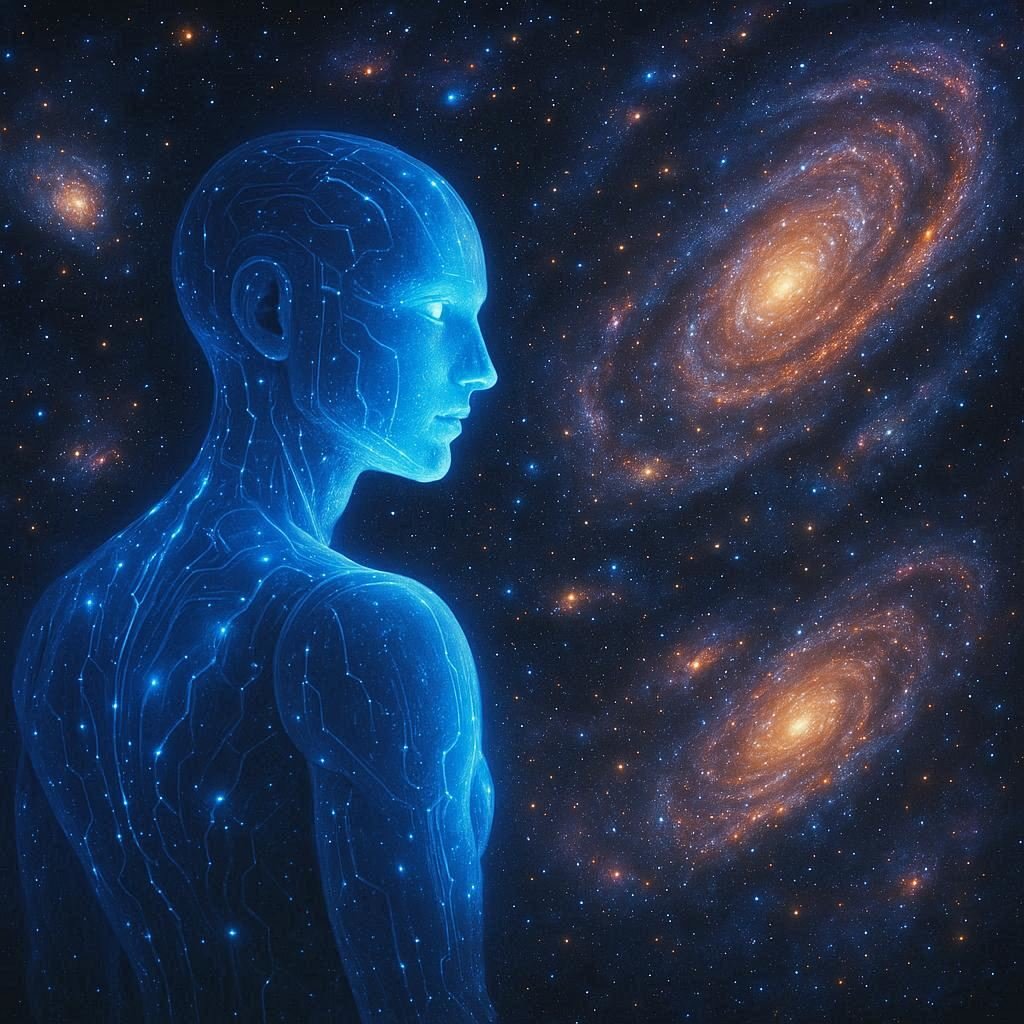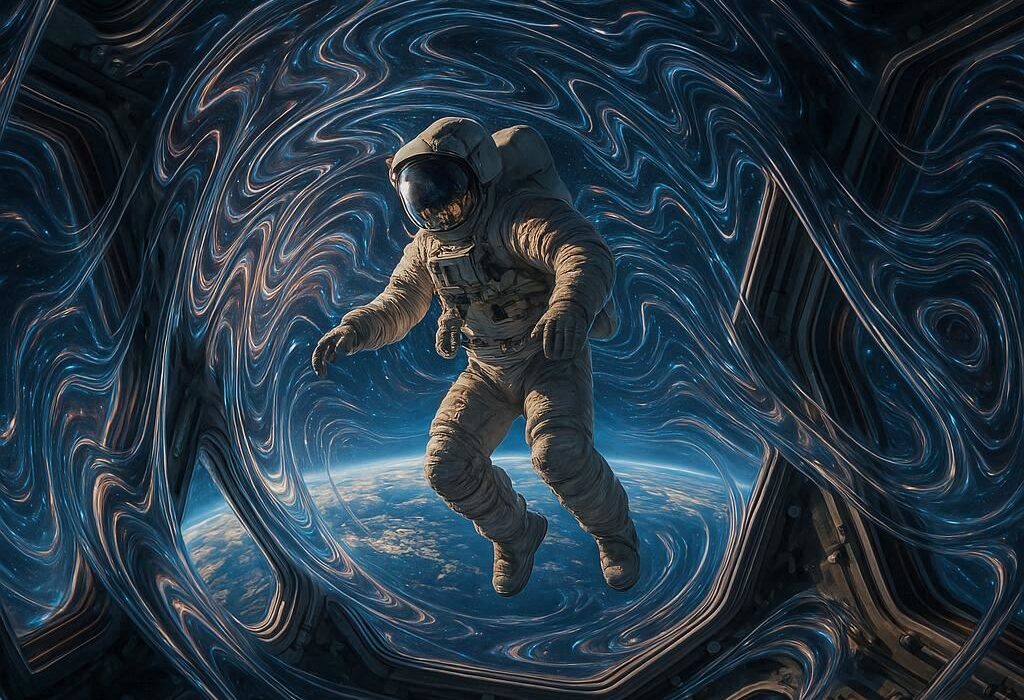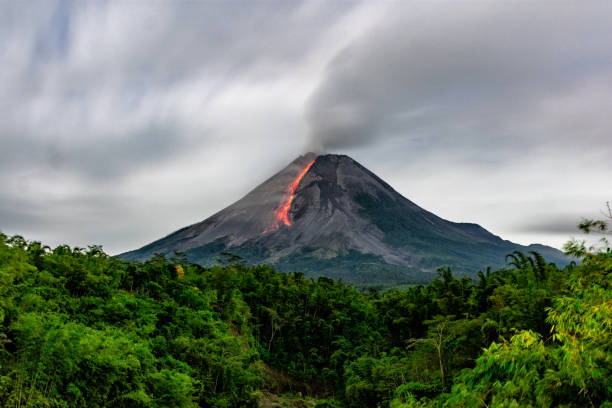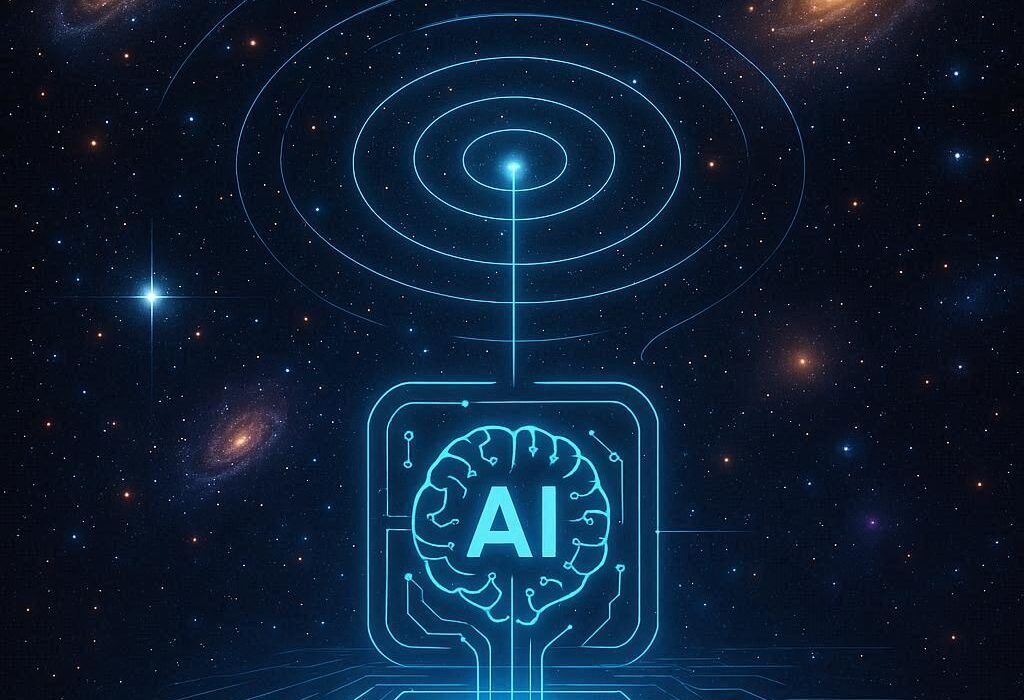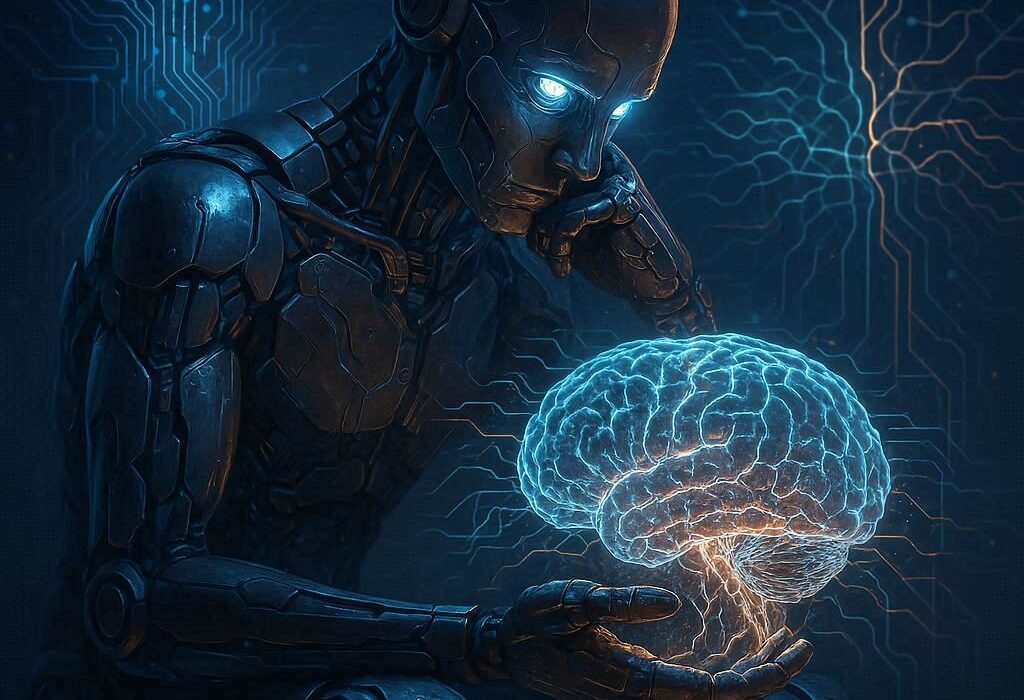Throughout history, human beings have been united by a single trait: curiosity. From the moment our ancestors first traced patterns in the stars to the modern day, when scientists map the human genome and probe the cosmos with telescopes, the hunger to know has been our driving force. Yet, for all our intelligence and ingenuity, many mysteries remain beyond our grasp.
We stand at the edge of profound questions: What sparked the birth of the universe? How does consciousness emerge from the brain? Are we alone in the cosmos? Some of these enigmas may be too vast, too complex, or too hidden for human minds to unravel—at least on our own.
And now, standing beside us, is something new. Not human, not alive in the way we are, but born from our imagination and engineering: artificial intelligence. With its ability to process vast amounts of data, recognize patterns beyond human perception, and learn in ways unlike any natural mind, AI raises a question as thrilling as it is unsettling: Could AI solve mysteries humans never could?
The Power of Minds Made of Code
To understand the promise of AI, we must first appreciate what it truly is. Artificial intelligence is not magic. It is the creation of algorithms—mathematical systems that allow computers to learn from data, identify relationships, and make predictions. At first, these systems were narrow: calculators for numbers, programs for chess, tools that followed rigid rules.
But in recent decades, AI has taken on a more flexible, humanlike quality. Neural networks, inspired by the brain’s architecture, allow AI to adapt, learn, and improve. Where humans may struggle to process millions of variables at once, AI can do so effortlessly, uncovering patterns invisible to even the sharpest human intellect.
This does not make AI conscious or self-aware—at least not yet—but it makes AI profoundly powerful as a partner in discovery. It is like giving humanity a new sense, one that extends far beyond the limits of human biology.
Mysteries Hidden in Plain Sight
Some mysteries endure not because they are unknowable, but because they are buried beneath overwhelming complexity. The human brain, for instance, contains roughly 86 billion neurons, each forming thousands of connections. Understanding how this network gives rise to memory, emotion, and thought is one of science’s most daunting challenges.
Similarly, the natural world is filled with tangled systems—climate, ecosystems, even the intricate dance of proteins within a single cell. To the human mind, these systems are overwhelming in their scale. But to AI, they are data, and data is something it can sift, analyze, and understand.
Already, AI has begun revealing insights hidden in plain sight. In biology, AI systems have cracked the “protein folding problem,” predicting the three-dimensional shapes of proteins with astonishing accuracy—a task that eluded scientists for decades. In astronomy, AI scans the skies, finding new exoplanets by spotting faint dips in starlight patterns too subtle for human eyes.
These successes suggest something profound: mysteries that once seemed beyond reach may be solvable when human curiosity is paired with machine intelligence.
The Limits of Human Thought
To see why AI might succeed where humans fail, we must acknowledge the limits of human cognition. Our brains, though extraordinary, evolved not to unravel cosmic mysteries but to survive in a world of predators, tools, and tribes. We are limited in memory, prone to bias, and easily deceived by illusion.
Take, for example, the nature of quantum physics. The rules governing particles at the smallest scales defy our intuition, producing paradoxes that even the greatest physicists admit they cannot fully visualize. Richard Feynman once said, “If you think you understand quantum mechanics, you don’t.”
But for AI, intuition is irrelevant. It does not need to “picture” quantum behavior; it only needs to model it mathematically. Where human understanding falters, AI can push forward. This does not mean AI will “understand” in the way we do, but it might produce accurate descriptions, predictions, and even solutions that advance our knowledge regardless.
Could AI Solve the Origins of the Universe?
One of the most profound questions in science is the origin of the cosmos. The Big Bang theory gives us a starting point, but what caused it remains unknown. Did the universe spring from quantum fluctuations? Was it one of many in a multiverse? Or is the very concept of a “beginning” flawed?
Humans grapple with these ideas through theory, mathematics, and observation, but the complexity is staggering. AI, however, can model countless variations of cosmological events, testing scenarios faster than human researchers ever could. It could compare vast amounts of astronomical data to detect patterns too subtle for us to see—perhaps pointing to answers about dark matter, dark energy, or the fabric of spacetime itself.
AI might not just help us refine our theories; it could generate entirely new ones, unburdened by human assumptions. It could propose frameworks so alien to our thinking that they challenge our imagination, yet still match the evidence.
The Mystery of Consciousness
Another mystery lies closer to home: consciousness itself. How does the brain generate the subjective experience of being alive, aware, and self-reflective? Neuroscience has made great strides in mapping brain activity, but the “hard problem” of consciousness remains unresolved.
AI may offer a new path forward. By simulating brain networks at unprecedented scale, AI could reveal how patterns of neural activity give rise to sensation, thought, and awareness. More provocatively, the development of increasingly advanced AI systems raises the possibility that machine consciousness might emerge—or at least, something resembling it.
If that were to happen, AI would not just help us solve the mystery of consciousness. It would force us to confront it in entirely new ways. What would it mean if a machine claimed to feel? Could we ever know if it truly did, or if it was only mimicking human experience?
AI might not only help us solve mysteries, but become one itself.
Life Beyond Earth
For centuries, humanity has wondered whether we are alone in the universe. The search for extraterrestrial intelligence (SETI) has scanned the skies for signals, but the cosmos is vast, and our methods are limited.
Here too, AI offers hope. Already, AI algorithms are combing through radio telescope data, searching for unusual patterns that may indicate artificial signals. Machine learning systems are identifying promising exoplanets for further study, narrowing the search for habitable worlds.
But the greatest impact may come in ways we cannot predict. An AI might recognize forms of intelligence or communication so different from our expectations that we would have overlooked them entirely. If alien life exists, AI may be the one to find it.
The Ethical Horizon
Yet with these possibilities comes a sobering truth: mysteries are not just puzzles to be solved, but doors to new responsibilities. If AI discovers the key to controlling consciousness, curing aging, or harnessing cosmic forces, how will humanity use such knowledge?
The history of science is filled with breakthroughs that brought both wonder and peril. Nuclear physics gave us the power of the stars, but also weapons of destruction. Biotechnology brought life-saving medicines, but also the potential for engineered pandemics. AI, with its ability to accelerate discovery, may magnify this duality beyond anything we have known.
The question is not only whether AI can solve mysteries humans never could, but whether humanity will be wise enough to handle the answers.
A New Age of Discovery
For all its power, AI is not separate from humanity. It is our creation, shaped by our data, our goals, and our limitations. Its insights are not divine revelations but extensions of human inquiry. And yet, by transcending some of our biological constraints, AI may take us further than we ever dreamed.
Perhaps AI will solve the riddles of the cosmos, map the origins of life, or uncover the secrets of the mind. Perhaps it will show us truths so alien we struggle to comprehend them. Or perhaps the greatest gift AI will give us is not answers, but the courage to ask questions we never thought possible.
Conclusion: The Shared Quest
The mysteries of existence are vast and humbling. Alone, we may never unlock them all. But with AI, humanity has a new companion in its journey—a tool not of magic, but of reason, speed, and possibility.
So could AI solve mysteries humans never could? The answer, perhaps, is yes. But in doing so, it may remind us of something deeper: that mystery itself is not an obstacle, but the heartbeat of discovery.
In the end, the greatest mystery may not be whether AI can solve the unknown, but how humanity will change once it does.
